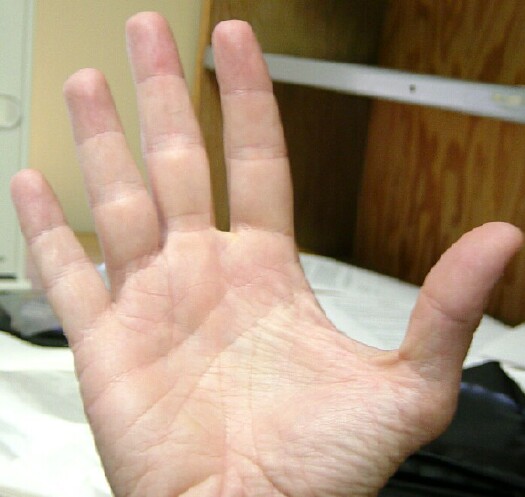One possible beneficial effects of these difficult political times may be, somewhat ironically, the return of the relevance of political life. As deToqueville and numerous other writers have pointed out, Americans have always been uneasy about admitting politics into their personalives, partially because many Americans were immigrants fleeing nasty political situations, and partially because of our frontier, individualist mythos. But when I grew up in the late sixties and early seventies I believe it was one of those unusual periods when there was the sense that the politics of the time were inextricably bound up with all the other changes that were taking place in the arts and in personal lifestyles.
Now of course some one will jump all over me pointing out that a) whatever changes took place were cultural, and that the political landscape was unaffected; and b) those changes were all bad anyway. Those issues are not what I am talking about here. I am talking about how politics is perceived to fit in with people's lives. And while there is always danger in surmising how a disparate body of people "feel" about something, that doesn't seem to bother most bloggers and pundits who in fact have made a cottage industry out of declaring how the American people "feel". So if Ken Mehlman can declare without any evidence that Americans don't want to vote for Hillary Clinton because they think she's angry, I can say that there was a change sometime in late seventies and early eighties in how people felt about politics. The causes are many and can be debated: Watergate, the realization that indeed the political landscape was largly unchanged and the increasing emphasis on personal liberation and alternative lifestyles. Some will credit Ronald Reagan and his cronies with this, but I think they merely rode the wave of this trend (or as Hunter S. Thompson put it, the breaking of the wave of the sixties) and then cleverly diverted it to further their own ends. Under Reagan, politics wasn't just not relevant to one's life, it was actually malicious, full of corrupt folks using it to no good ends (which of course he set out to make true).
And that sense has persisted to this day. Witness the squeamishness most liberals will have with declaring themselves in agreement with the tenets of liberalism, that government can be a force for good, that average people need to feel connected with their political life, and that they can have an effect on the way they are governed. Even when the federal government is intruding on people lives more than ever, the conservatives still manage to somehow trumpet this notion that government is should be reduced (cue Grover Norquist at this point).
Is that changing? Again, it is nothing but speculative to probe Americans collective psyche, if indeed we have one, but positive signs abound, in particular the aftermath of Katrina. Several writers have noted that Katrina brought home in a major way the things people depend on government for, and what happens when the government screws up royally in delivering them. That Bush's Social Security proposal went nowhere (although he snuck it into his budget) and the Medicare reforms are universally perceived to be a disaster are others. Of course, "you don't know what you've got till it's gone" so it unfortunately make take further extreme disenfranchisements to make people realize that political developments do affects them perosnally. That is why the Bush adminstration is desperately trying to portray the NSA wiretapping as something that won't affect most people, because the surest way to rile up Americans is to make them think the government is spying on them (as opposed to most conservative writers and bloggers, for whom it is all hunky dory). And why, in private, the Republican leaders fear a repeal of Roe v Wade more than they welcome it.
So stay tuned. While I do not like the idea that we have had to have essential services obliterated and our rights drastically curtailed to make Americans realize that yes, politics do matter, it seems that is what is going to happen, so one can hope for some good out of it. To paraphrase Arlo Guthrie, it's when things are really rotten that it's easiest to make a positive change.
Tuesday, February 14, 2006
Subscribe to:
Post Comments (Atom)

No comments:
Post a Comment